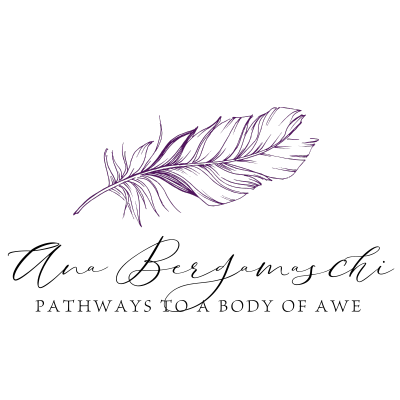What greatly differentiates man from other animals, is the slow development of the brain. Most of the animals are born with the brain almost the same size as it is going to remain in their whole lives, whereas man, of all animals, is born with the smallest fraction of the ultimate weight of the adult brain. The more mature the brain at birth the more reflective is the behavior. Thus animals being born with very mature brain have little capacity of learning, understanding learning as « acquiring new responses to stimuli ». But man, whose adult brain is several times its weight at birth, has fewer ready-made responses to external stimuli. His nervous system is growing while stimuli are reaching it. Environment, therefore has a greater influence in his nervous system than in any other animal.
In physiology an instinct is a complex integration of inborn, unconditioned reflexes as distinct from acquired and conditioned ones. The inborn reflexes are characteristic of the central nervous system of any whole class of animals; they are inherited and their formation is therefore utterly independent of individual experience.
Only one of the instincts inhibits motion, namely fear or escape. An animal when frightened, either freezes or runs away. In either case, the first reaction to the frightening stimulus is a violent contraction of all the flexor muscles, especially of the abdominal region, a halt in breathing, soon followed by a whole series of vasomotor disturbances such as accelerated pulse, sweating, up to micturition and defecation.
The contraction of the flexors inhibits their antagonistic extensors, or antigravity muscles; thus no displacement occurs before this initial reaction is over. An initial inhibition of the extensors goes together with all sensation accompanied by fear. This reaction are accompanied by other disturbances as well, as the increase of adrenaline content in the blood which is preparatory to possible violent effort of the heart and other muscles.
A newborn infant is practically insensitive to external stimuli. At birth he hardly reacts to light effects, to noise, smell, and even moderate pinching. He reacts violently to immersion in very cold or hot water. Also if suddenly lowered, or if support is sharply withdrawn, a violent contraction in all flexors with halt of breath is observed, followed by crying, accelerated pulse, and general vasomotor disturbance. The similarity of reaction of a newborn infant to withdrawal of support, and that of freight or fear in the adult is remarkable. This reaction to falling is present at birth, it is inborn and independent of individual experience. It is therefore right to speak of the instinctive reaction to falling.
The whole process of how man associates conditioned fears with this inborn falling reflex is beyond the scope of this description. (For further information read Moshe’s book Body & Mature Behavior). What is important to note is that our brains are able to make links between a situation we have lived before and the fear state, wich is good for our survival, the problem appears when the actual cause of the threat is not well differentiated in the brain making it so that many components of the previous situation have been linked to a dangerous situation. It might happen that one component of the physical state of fear appears and it’s associated with the whole pattern installing the whole pattern and reactions In the body and mind. It might happen that a clue in the environment is associated with the fearful state and also the whole pattern in reinstalled even if the situation doesn’t present absolutely any threat.
« Habitual body patterns and attitudes of the body do reinstate the total situation. In such cases, and they are frequent, the subject knows no clue in the sensory sphere, in the present, that could account for the appearance of anxiety »
With this defensive patterns constantly being recreated in the body by our inability to differentiate safe ans unsafe situations, our perception of our own body status creates brain maps and feelings that continue creating new links and connections to justify the reinstated fear present in the body. This creates a self nourished cycle of emotion - feeling - projection - emotion that traps the individual into an pre-established response even WHEN facing completely new situations, depriving us from functionality and the joy that comes with it.
In this workshop we move gently and with great awareness, giving our brains the opportunity to notice what we do and how we do it, and this way we are likely to notice all the unnecessary tension and energy that is parasitizing our actions. In a safe environment of learning the defensive reactions and habitual patterns can loose their grip giving us the opportunity to relate to life accordingly and freshly.
Interesting books related to the subject: Moshe Feldenkrais - Body and Mature Behavior / Looking for Spinoza - Antonio Damasio
PS: WEAR CONFORTABLE AND WARM CLOTHES. BRING A MAT AND A LITTLE BLANKET IF YOU HAVE ONE.
FOR INSCRIPTION OR ANY OTHER PRACTICAL INFORMATION CONCERNING THE WORKSHOP : https://www.wisper.be/cursus/antwerpen/bodywork-bewuster-bewegen
HOPE TO SEE YOU SOON,
ANA

